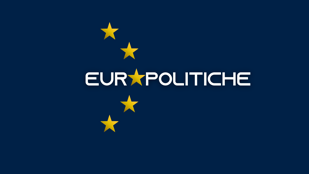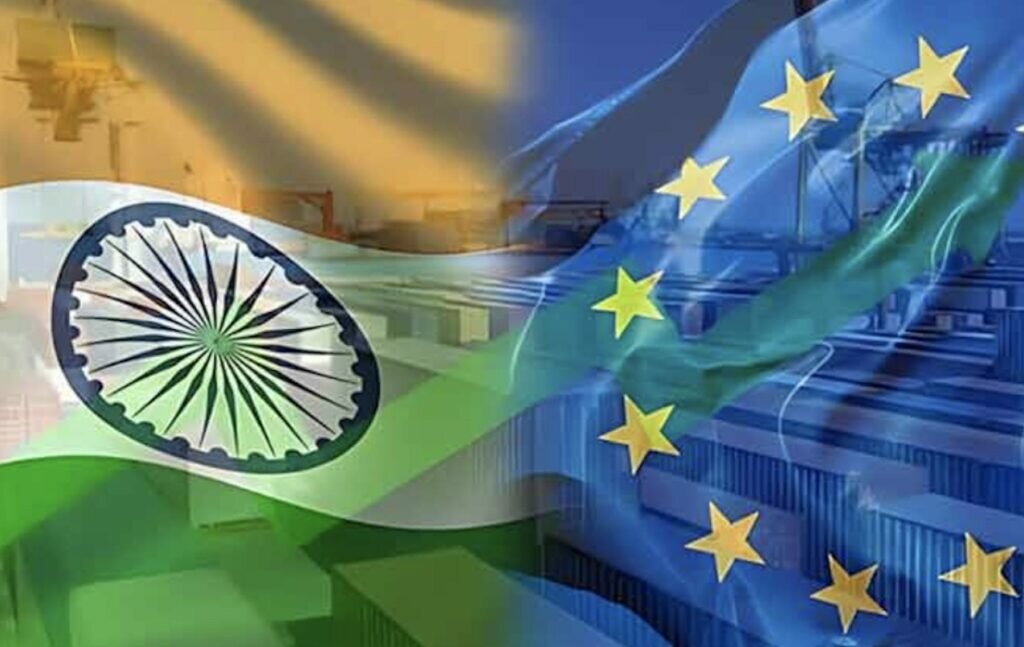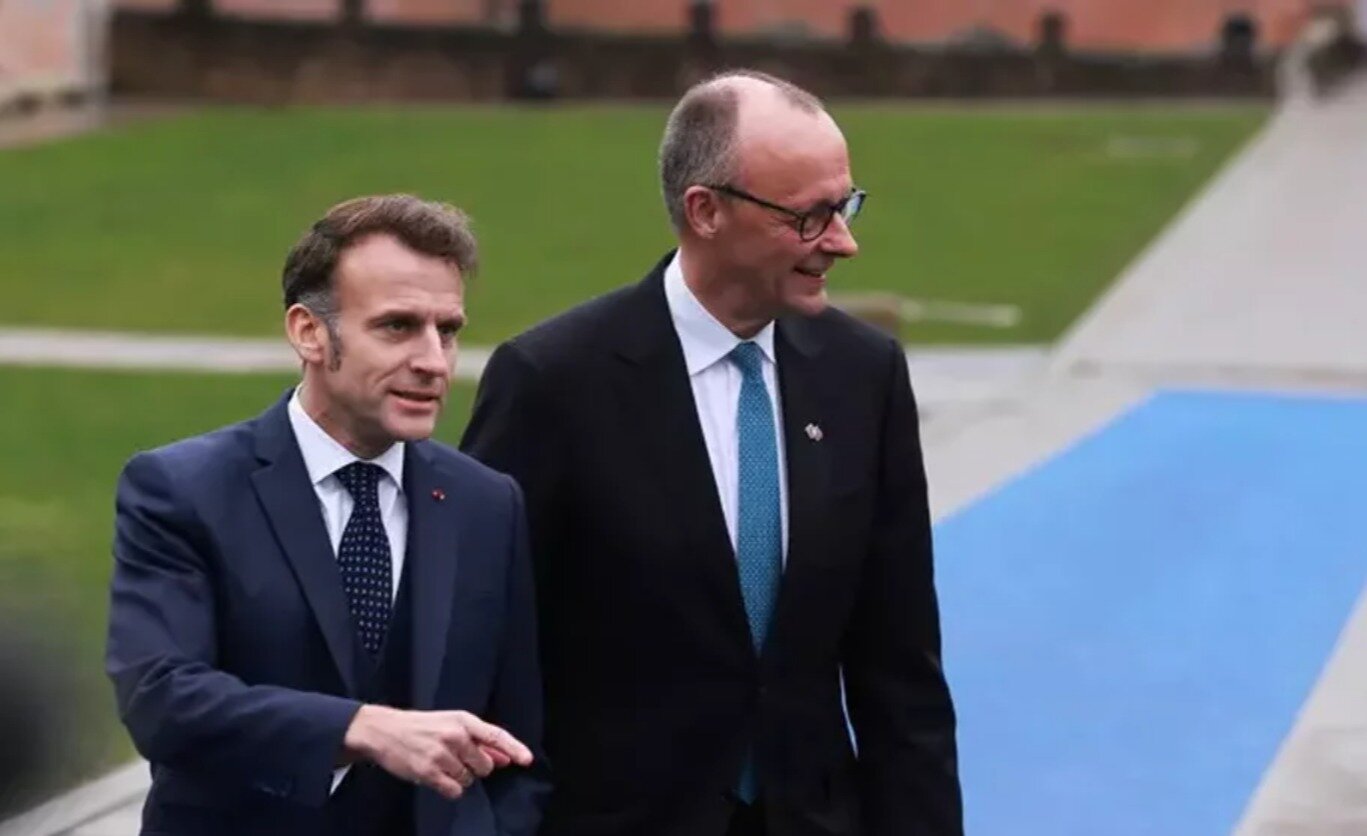Con 464 voti a favore, 92 contrari e 65 astensioni il Parlamento europeo ha approvato il 13 marzo il Media Freedom Act, la legge europea che obbligherà gli Stati dell'Unione europea a proteggere l'indipendenza dei giornalisti e dei media e vieterà qualsiasi forma di ingerenza nelle decisioni editoriali.
Nel comunicato stampa si legge :
"Proteggere il lavoro dei giornalisti
Alle autorità sarà vietato ricorrere ad arresti, sanzioni, perquisizioni, software di sorveglianza intrusivi installati sui dispositivi elettronici e altri metodi coercitivi per fare pressioni su giornalisti e responsabili editoriali e costringerli a rivelare le loro fonti.
Il Parlamento ha introdotto, durante i negoziati con il Consiglio, forti limitazioni all'uso dei software spia, che sarà consentito soltanto caso per caso e previa autorizzazione di un'autorità giudiziaria nell'ambito di indagini su reati gravi punibili con pene detentive. Anche in queste circostanze, tuttavia, le persone interessate dovranno essere informate dopo che la sorveglianza è stata effettuata e potranno poi contestarla in tribunale.
Indipendenza editoriale dei media pubblici
Per evitare che gli organi di informazione pubblici siano strumentalizzati a scopi politici, i loro dirigenti e membri del consiglio di amministrazione andranno selezionati per un mandato sufficientemente lungo sulla base di procedure trasparenti e non discriminatorie. Il licenziamento prima della scadenza del contratto sarà consentito solo nel caso in cui vengano a mancare i requisiti professionali.
I finanziamenti destinati ai media pubblici dovranno essere sostenibili e prevedibili e seguire procedure trasparenti e obiettive.
Trasparenza della proprietà
Per consentire al pubblico di sapere chi controlla i singoli media e quali interessi possono celarsi dietro la proprietà, tutte le testate giornalistiche, dalle più gradi alle più piccole, saranno tenute a pubblicare informazioni sui relativi proprietari all'interno di una banca dati nazionale e a indicare se sono direttamente o indirettamente di proprietà dello Stato.
Ripartizione equa della pubblicità statale
I media dovranno anche riferire sui fondi che ricevono dalla pubblicità statale e sul sostegno finanziario dello Stato, anche nel caso in cui questi provengano da paesi terzi.
I criteri per l'assegnazione di questi fondi a media o piattaforme online dovranno essere pubblici, proporzionati e non discriminatori. Infine, dovranno essere pubblicate anche informazioni sulle spese pubblicitarie statali, compresi l'importo annuo totale e l'importo per testata.
Proteggere la libertà dei media dalle grandi piattaforme
I deputati hanno introdotto un meccanismo che mira a impedire alle piattaforme online di dimensioni molto grandi, come Facebook, X o Instagram, di limitare o rimuovere in modo arbitrario contenuti mediatici indipendenti. Dopo aver distinto i media indipendenti dalle fonti non indipendenti, le piattaforme che intendono adottare misure di questo tipo dovranno informare gli interessati, lasciando loro 24 ore per rispondere. Soltanto una volta trascorso questo lasso di tempo le piattaforme potranno decidere di limitare o rimuovere i contenuti che non rispettano le loro condizioni.
I media potranno presentare ricorso presso un organismo per la risoluzione extragiudiziale delle controversie e richiedere il parere del comitato europeo per i servizi di media, un comitato di regolatori nazionali previsto dalla nuova legge.
Citazione
La relatrice Sabrine Verheven (PPE, DE) ha dichiarato, durante il dibattito: L'importanza della pluralità dei media per una democrazia funzionante non sarà mai sottolineata abbastanza. La libertà di stampa è minacciata in tutto il mondo, anche in Europa: l'omicidio a Malta, le minacce alla libertà di stampa in Ungheria e molti altri esempi lo dimostrano chiaramente. La Legge europea per la libertà dei media è la nostra risposta a questa minaccia e una pietra miliare della legislazione europea. Valorizza e protegge il duplice ruolo dei media come imprese e come custodi della democrazia".
Contesto
Adottando questa legislazione, il Parlamento risponde alle aspettative dei cittadini nei confronti dell'UE, espresse nelle coclusioni della Conferenza sul futuro dell'Europa: introdurre una legislazione che affronti le minacce all'indipendenza dei media e applichi le norme dell'UE in materia di concorrenza nel settore dei media, al fine di prevenire i grandi monopoli mediatici, nonché di garantire il pluralismo e l'indipendenza dei media da indebite interferenze politiche, aziendali e/o straniere (proposte 27(1), (2)); contrastare la disinformazione attraverso una legislazione e linee guida per le piattaforme online e le società di social media (33(5)); e difendere e sostenere media liberi, pluralistici e indipendenti e garantire la protezione dei giornalisti (37(4))."
staff @europolitiche








